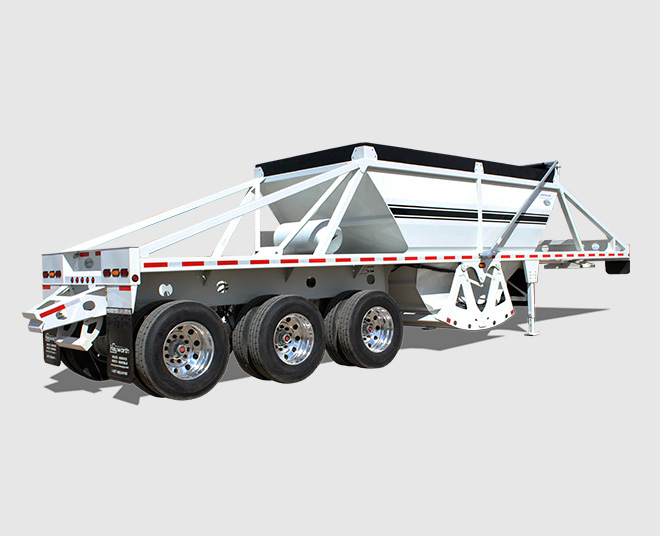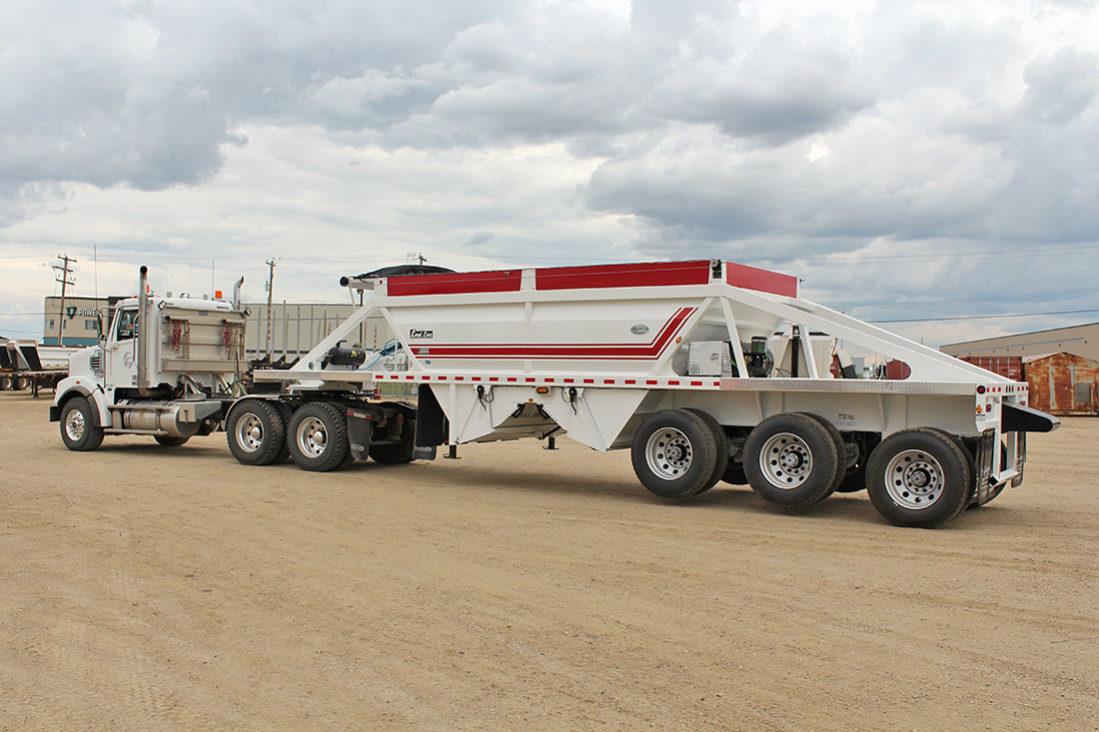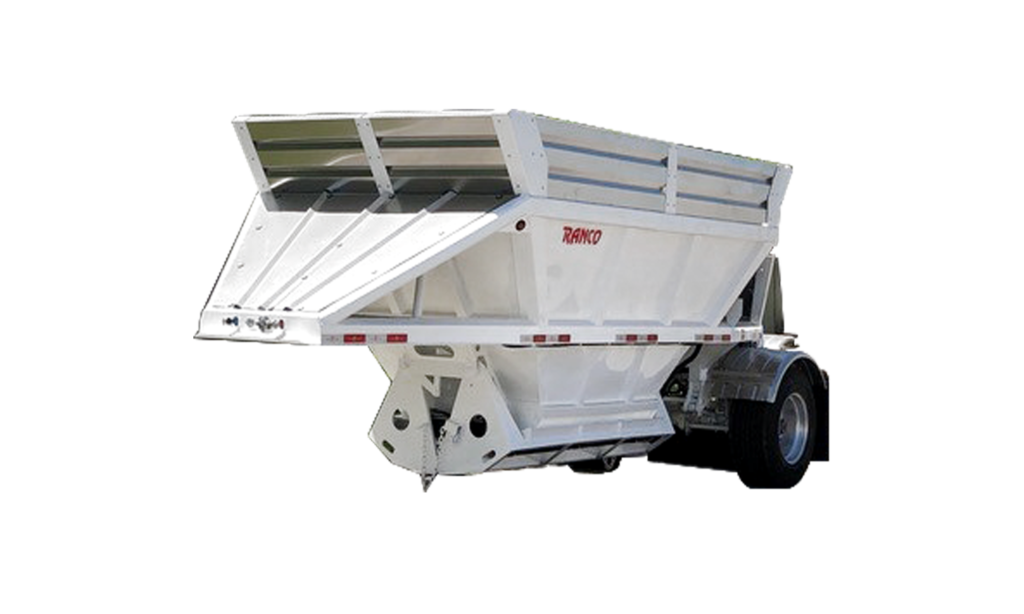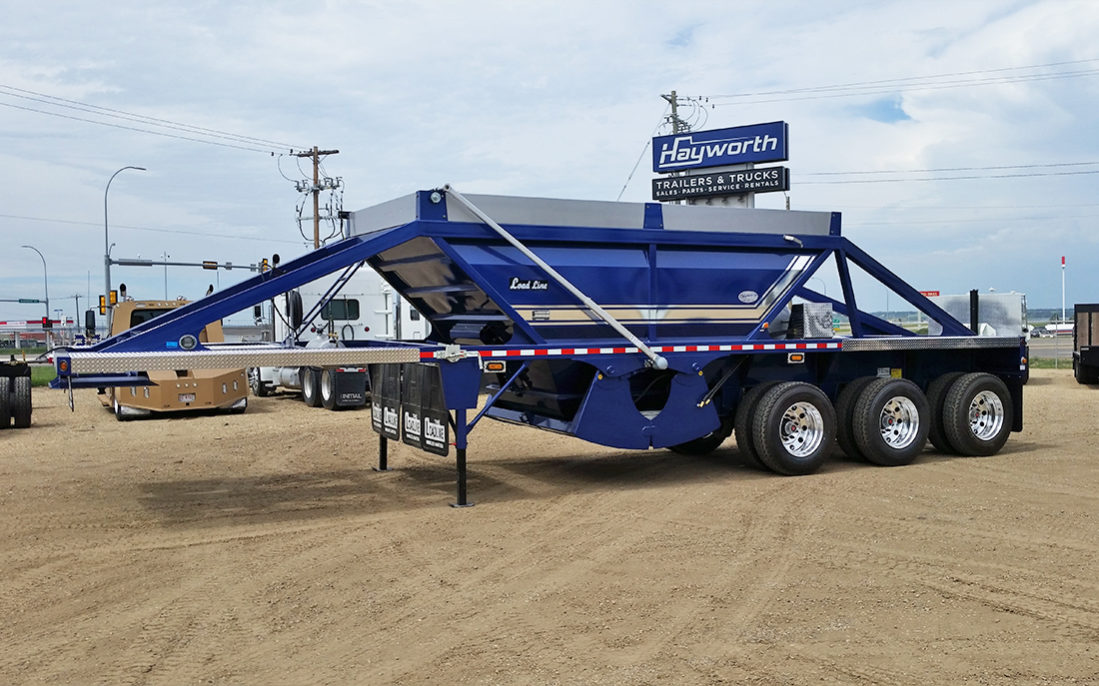Belly Dump Trailer For Sale – In fact, there’s been a resurgence of interest in artisanal, locally-made products, especially in industries like fashion, home decor, and food. A blacksmith might craft a sword, a tailor might stitch a suit, and a potter might mold a vase. The digital age has also transformed the way things are bought and sold. The democratization of commerce has opened up opportunities for millions of people, giving them the chance to pursue their dreams and create their own paths to success. Sellers can list items with detailed descriptions and high-quality photos, giving potential buyers a clear understanding of what they are purchasing. For those looking to sell, the online marketplace offers the chance to reach a larger audience, increasing the chances of finding the right buyer. The idea that everything has a price, and that everything is for sale, may seem like a grim outlook, but it’s one that has become increasingly true. In the end, the phrase “for sale” is about more than just the exchange of money for goods or services. For some, selling something may feel like a sacrifice, while for others, it may feel like an investment in their future. Yet, despite this shift, the appeal of quality craftsmanship has not waned. A car might be sold because it no longer serves the needs of its owner, or perhaps the owner is simply ready for a change. However, buying a business is not a decision to be taken lightly. There are communities that exist outside the realm of traditional commerce, where sharing, collaboration, and mutual support take precedence over profit. Technological advancements and shifts in consumer behavior can also impact the types of businesses that buyers are interested in. Online platforms also offer the convenience of searching for specific items, whether it’s a rare collector’s item, a particular brand of clothing, or a piece of furniture that fits a specific design style. By purchasing second-hand goods, consumers help keep products circulating in the economy, giving them new life and purpose. The idea of buying things that were once owned by someone else is no longer considered taboo or lesser; rather, it has become a lifestyle choice for those who want to make smarter, more ethical purchasing decisions. They remind us that, despite living in a world where everything is for sale, there are some things that remain priceless. Due diligence is a crucial part of the process, where the buyer investigates the business thoroughly to ensure that there are no hidden liabilities, potential risks, or operational inefficiencies. Success after the acquisition depends on a variety of factors, such as effective leadership, market conditions, and the buyer’s ability to make improvements and capitalize on growth opportunities.

GXD32238 AR BELLY DUMP Southland Trailer Corp
6×12, 7×14, 7×18, 8x20high industry standardscall now to buy

1996 Load King 2060 belly dump trailer in Burlington Junction, MO
6×12, 7×14, 7×18, 8x20high industry standardscall now to buy

2021 Manax CPS Belly Dump Trailer For Sale
6×12, 7×14, 7×18, 8x20high industry standardscall now to buy

New & Used Belly Dump Trailers For Sale Hayworth Equipment Sales
6×12, 7×14, 7×18, 8x20high industry standardscall now to buy
Load King Dump, Belly Trailer for Sale
6×12, 7×14, 7×18, 8x20high industry standardscall now to buy

Load Line Cross Gate Belly Dump Trailer Hayworth Equipment Sales
6×12, 7×14, 7×18, 8x20high industry standardscall now to buy

Belly Dump Trailers for Sale Purchase RANCO Belly Dump Trailers
6×12, 7×14, 7×18, 8x20high industry standardscall now to buy

New Brand New! 2022 Loadline Tridem Crossgate Belly Dump Gravel Trailer
6×12, 7×14, 7×18, 8x20high industry standardscall now to buy

Load Line Cross Clam Belly Dump Trailer Hayworth Equipment Sales
6×12, 7×14, 7×18, 8x20high industry standardscall now to buy

Belly Dump Trailers For Sale in Idaho 5 Listings
6×12, 7×14, 7×18, 8x20high industry standardscall now to buy
These concepts, they say, are too sacred, too important to be reduced to mere transactions. This can bring about feelings of uncertainty, as there’s no guarantee that the right buyer or partner will come along. After the sale is complete, the buyer assumes responsibility for the business and takes control of its day-to-day operations. These platforms provide a convenient way for sellers to connect with potential buyers, set their prices, and arrange for shipping or pick-up. For some, selling a business is a proactive decision to move on to new ventures, while for others, the sale might be the result of external factors, such as market downturns, changing consumer preferences, or regulatory shifts. With the rise of e-commerce, the accessibility of quality goods for sale has expanded exponentially. It’s a world where even personal growth, self-actualization, and emotional healing are framed as commodities, available for purchase at any time, but only if you’re willing to pay the price. A piece of furniture, for instance, may hold sentimental value simply because it’s been in the family for generations. Therapists offer their services for a fee, and online courses promise to give us the knowledge we need to succeed — all in exchange for money. With the rising costs of new products, especially in categories like electronics, clothing, and furniture, purchasing second-hand items can offer significant savings. Just as with material possessions, when a person is “for sale,” they put their value on display for others to assess. Those who are born into privilege have the means to buy their way to the top, while others are left behind, forced to sell their time, energy, and even their dignity in order to survive. There’s a certain art to selling something. The concept of a circular economy, where products are reused and repurposed instead of discarded, is central to the appeal of second-hand goods. Whether buying or selling, the process requires careful consideration, transparent communication, and a thorough understanding of both the financial and operational aspects of the business. The longer something is used, the less likely it is to contribute to the growing problem of waste. These moments remind us that there is more to life than the pursuit of profit, and that not everything can be measured by a price tag. Social movements and grassroots organizations work tirelessly to provide resources and support to those who need it, often without expecting anything in return. We live in a society where people constantly trade their time for money, their expertise for compensation, their dreams for tangible rewards. What will come next? What new opportunities will arise from this decision? When an item is placed “for sale,” it’s not just the object that’s changing hands; it’s often a reflection of the personal changes happening within the seller.
Art, music, literature — these expressions of human creativity and emotion are not always bound by the rules of commerce. They remind us that, despite living in a world where everything is for sale, there are some things that remain priceless. The advent of these online platforms means that consumers can hunt for items they might have otherwise overlooked or been unaware of, sometimes at a fraction of the original cost. The story behind the item becomes part of its value, adding an emotional dimension to its physical form. With just a few clicks, consumers can browse through thousands of listings for second-hand items from all over the world. Although the transaction may be challenging at times, the opportunity to buy or sell a business can open doors to new ventures, provide financial rewards, and enable entrepreneurs to pursue their goals. Yet, even within this system, there is room for hope. In many cases, sellers may work with business brokers, financial advisors, or accountants to help value the business and identify potential buyers. The process of selling it can be seen as a form of letting go, a recognition that the future may look different from the past, but that doesn’t diminish its importance or value. On the other hand, buyers may seek to negotiate lower terms based on the findings from their due diligence or their assessment of the business’s future potential. In fact, there’s been a resurgence of interest in artisanal, locally-made products, especially in industries like fashion, home decor, and food. The result is a society that increasingly prioritizes consumption over connection, profit over meaning, and exchange over understanding. When a person decides to sell something, they might weigh the pros and cons, debating whether it’s the right time or whether it’s really necessary to part with what they’ve had for so long. In conclusion, second-hand goods for sale represent more than just a financial transaction; they embody a shift toward sustainability, individuality, and social responsibility. But in reality, even the most profound relationships can be commodified in some way. Thrift stores and consignment shops often work with charitable organizations or local non-profits, using the proceeds from sales to support various causes. For the buyer, acquiring such a piece may carry with it the honor of preserving a legacy, or the satisfaction of adding a unique, timeless item to their own collection. On one hand, there’s the potential for an established client base, proven systems, and a recognizably brand name. Websites like eBay, Craigslist, Facebook Marketplace, and Poshmark have made it easier than ever for individuals to sell their unwanted items and for buyers to find exactly what they are looking for. These brick-and-mortar stores offer a different shopping experience, one that is often characterized by the thrill of the hunt.